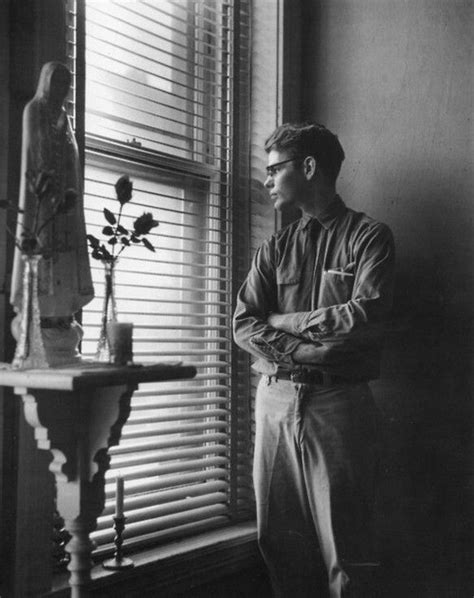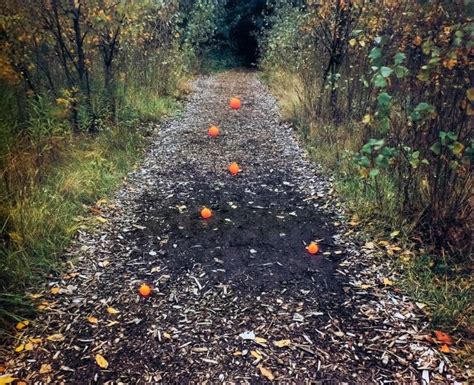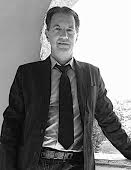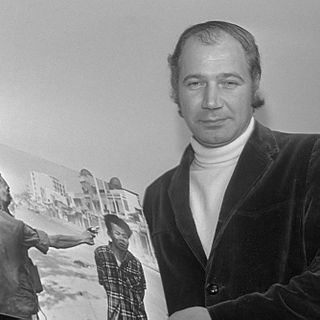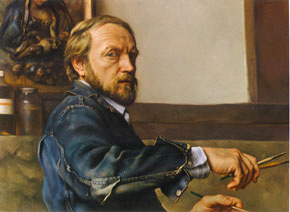A Quote by Erica Jong
Photographs are the most curious indicators of reality.
Quote Topics
Related Quotes
Most problems, decisions, and performances are multidimensional, but somehow the results have to be reduced to a few key indicators which are to be institutionally rewarded or penalized... The need to reduce the indicators to a manageable few is based not only on the need to conserve the time (and sanity) of those who assign rewards and penalties, but also to provide those subject to these incentives with some objective indication of what their performance is expected to be and how it will be judged... key indicators can never tell the whole story.
Photographs are a way of imprisoning reality, understood as recalcitrant, inaccessible; of making it stand still. One can't possess reality, one can possess (and be possessed by) images — as, according to Proust, most ambitious of voluntary prisoners, one can't possess the present but one can possessthe past.
... my father loved to take photographs of me. When I was nine I made my own costumes for a school play and I experienced becoming different characters. I loved to document myself as different images and I think my work evolved after this favorite activity. The photographs I exhibited in New York juxtaposed reality and fantasy. There was everyday life and fantasy was dismantling that reality.
It would be very curious to record by means of photographs, not the stage of the picture, but its metamorphoses. Perhaps one would perceive the path taken by the mind in order to put its dreams into a concrete form. But what is really very curious is to observe that fundamentally the picture does not change, that despite appearances the initial vision remains almost intact.


